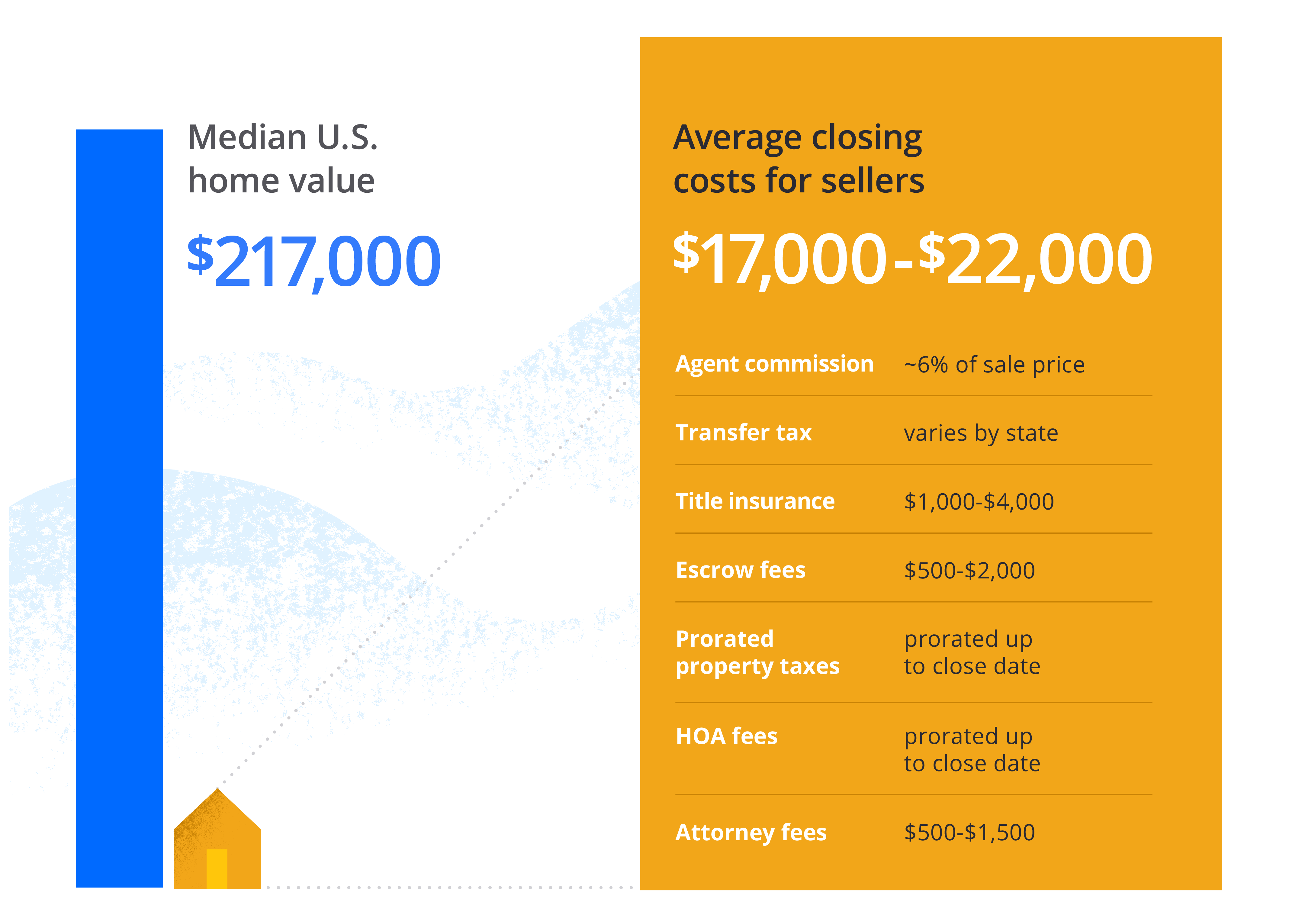
FRIEDMAN & JAMES CHARLES SMITH, FRIEDMAN ON CONTRACTS AND CONVEYANCES OF REAL PROPERTY § 7:3.2 (7th ed. The court relies heavily on publications focusing on real property contracts that state in relevant part: "In other words, the parties' contract may make time essential without including the magic words ‘time is of the essence.’ ” 2 MILTON R. The case involved an earnest money contract that mirrored Paragraph 9 A of the One to Four Family Residential Contract (Resale).
#Seller defaults closing date trial
Kirby Houston S, L.L.C., the First Court of Appeals examined whether the trial court's failure to include an instruction to the jury on material breach was reversible error. It is instructive to examine some of the case law about closing date default in Texas. In fact, the Legal FAQs for Realtors section of the Texas Association of Realtors advises its members that "since time is not of the essence to the closing date, the buyer might argue that a short delay in closing is not a material breach of the contract." While the terms of the contract are clear, there is still much confusion about the consequences of missing a closing date. These remedies include specific performance, other remedies allowable by law, or terminating the contract and receiving the earnest money as liquidated damages. If either party fails to close the sale by the closing Date, the non-defaulting party may exercise the remedies contained in Paragraph 15.Ī simple reading of the above reveals that per the express terms of the contract, missing the closing date allows the party not in default to enforce remedies in Paragraph 15.


The closing of the sale will be on or before _, 20_, or within 7 days after objections made under Paragraph 6D have been cured or waived, whichever date is later (closing Date).

Paragraph 9 A of the contract recites the following about closing: The most common contract used for the sale of residential property in Texas is the TREC promulgated One to Four Family Residential Contract (Resale). There appears to me much confusion surrounding the consequences for buyers and sellers when a closing date specified in an earnest money contract for real property passes without performance.


 0 kommentar(er)
0 kommentar(er)
